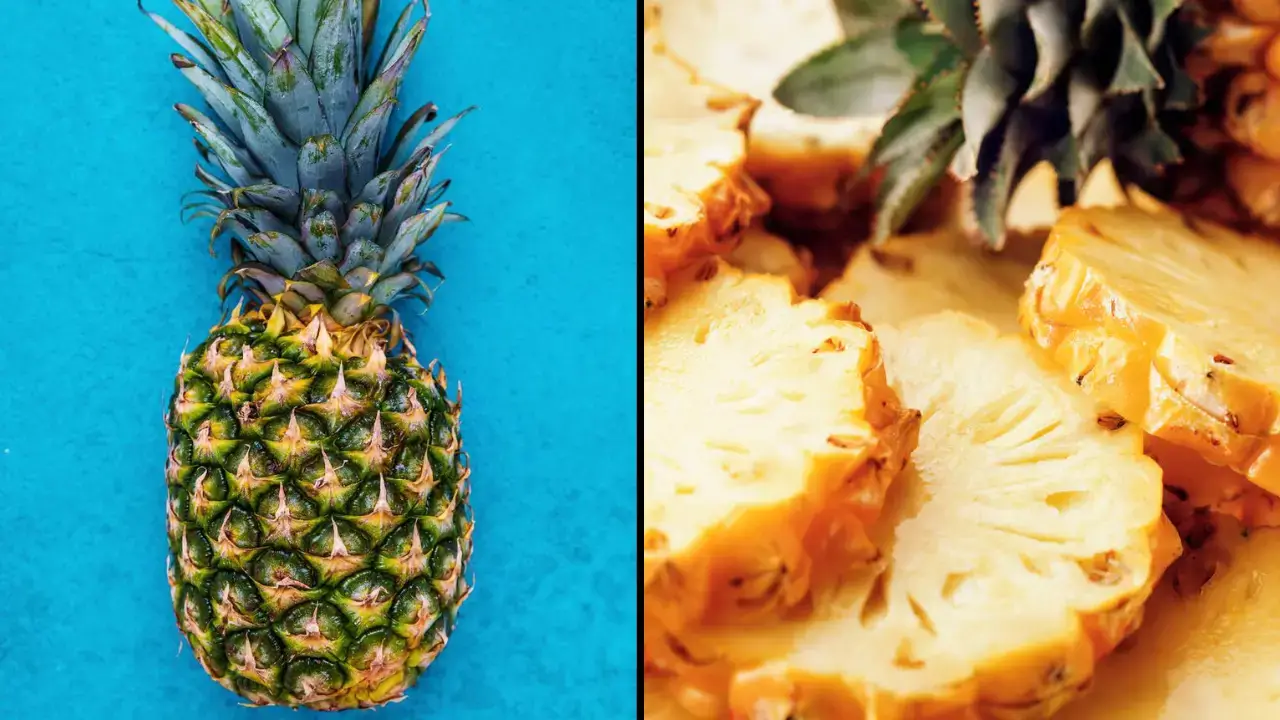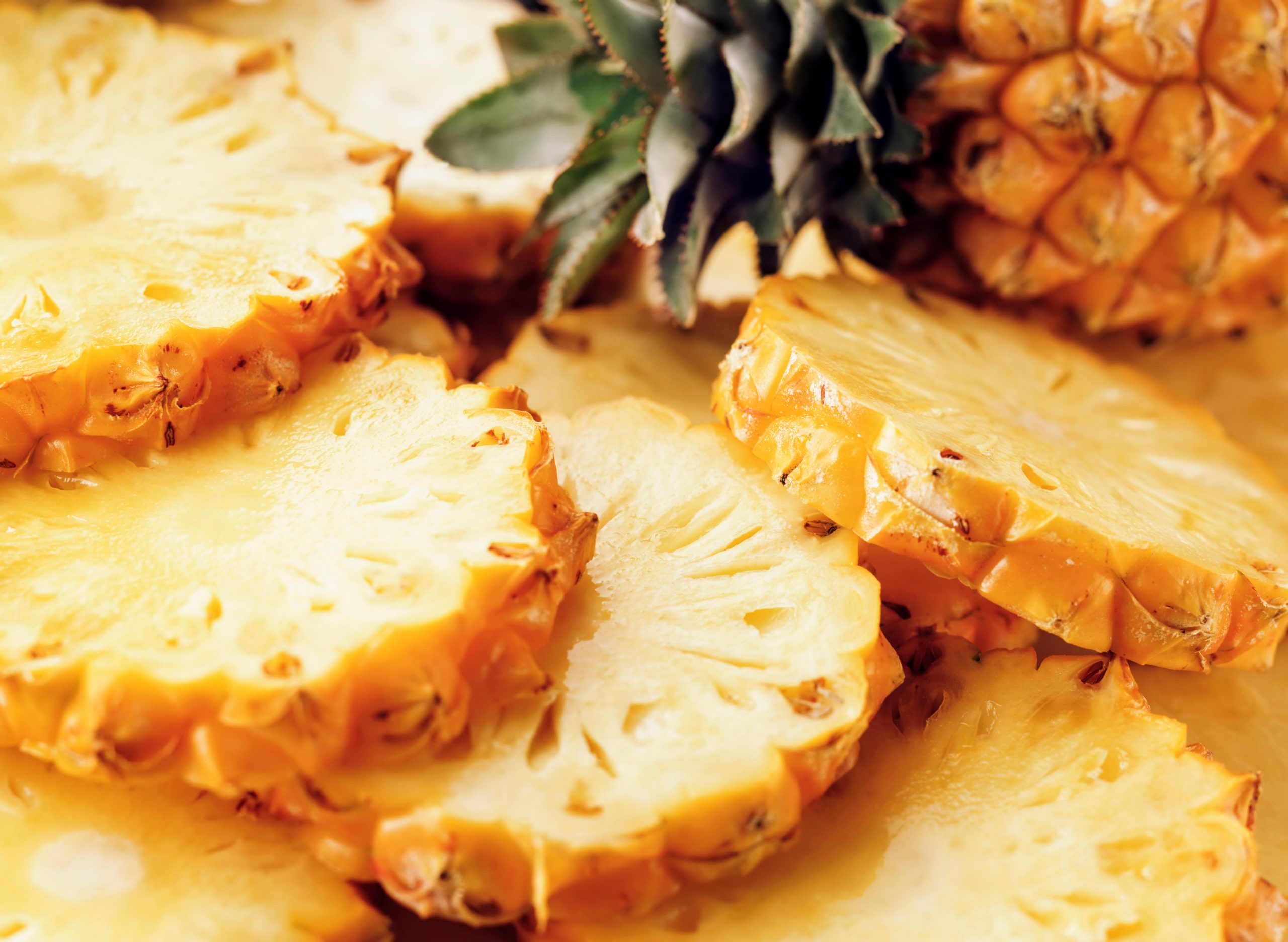
Credit: Alamy
People Horrified After Finding Out Why Their Mouth Tingles After Eating Pineapple
Turns out there is a grim reason why eating fresh pineapple makes some people’s mouths tingle.
While there will always be a discussion on whether it belongs on pizza or not, pineapple still remains a popular fruit to have.
It is often revered as a refreshing and nutritious snack to have throughout the summer and it is loaded with vitamins C and B6.
However, despite its tastiness, it can come with a price as some people’s mouths tingle and even bleed while eating them.
Related Article: ‘Brieing’ Is A Bizarre MDMA Trend Among Middle-Aged Women
Related Article: People Are Only Just Realising What Parmesan Cheese Is Made From – And It’s Grim
You can thank bromelain – which is a proteolytic enzyme – for the mouth bleeding and stinging sensation you experience when eating a pineapple.
It is found in both the fruit and stem of the pineapple plant and is capable of breaking down proteins, which unfortunately include those within our mouths.
While for some the experience is only a little tingle, others suffer from bleeding of the tongue, gums, and cheeks.
According to National Center for Complementary and Integrative Health, bromelain might actually be of aid in removing dead and damaged skin from burns in both children and adults.
This avenue of research hints at the possibility of ‘bromelain-based enzymatic debridement’ for the healing of full-thickness burns.
They write: “Preliminary research has shown that bromelain helps to remove dead and damaged skin from burns in children and adults.
“Whether bromelain treatment is better than standard treatment for scarring over the long term still needs to be examined.”

This is due to the enzyme’s cysteine proteinases which can break down proteins featuring cysteine amino acids within their long-chain structures, making it an effective agent in breaking down scar tissue and promoting tissue regeneration – otherwise known as ‘bromelain-based enzymatic debridement’.
However, as with many things in life, bromelain’s benefits come with a price.
While it has the potential to be a valuable asset in wound healing, it doesn’t differentiate between beneficial and undesirable proteins.
When it encounters the sensitive cells in our mouths, the results can be both uncomfortable and unappealing.
Related Article: People Are Only Just Realising What Filling Inside A Cadbury’s Creme Egg Is
Related Article: People Vow To Never Eat Doner Kebab Again After ‘Truly Revolting’ Video Exposes How It’s Made
Fortunately for pineapple lovers, this does not deem the fruit unsafe to eat.
In fact, there are ways to enjoy this tropical treat without enduring its prickly aftereffects.
You can consider cutting the pineapple from its stem where bromelain is most concentrated.
By doing so, you reduce the risk of encountering the enzyme’s effects directly.
Another option is choosing canned pineapple over fresh ones as the process typically involves heat, which can deactivate the enzyme and spare your mouth from any uncontrollable bleeding.
So, the next time you reach for some fresh pineapple, be aware that it can sometimes lead to a painful and unattractive experience.